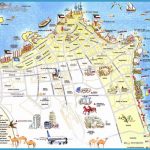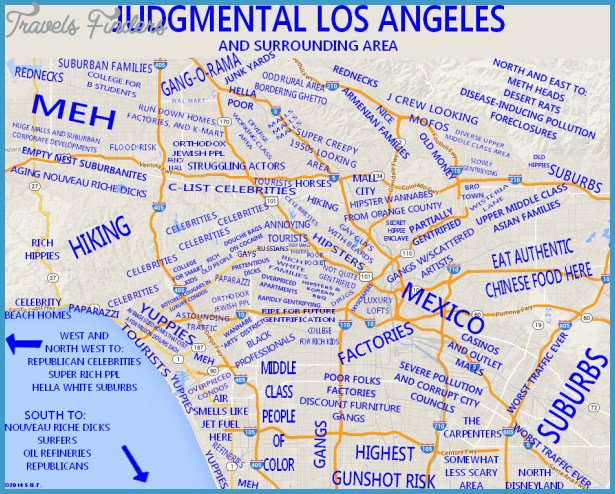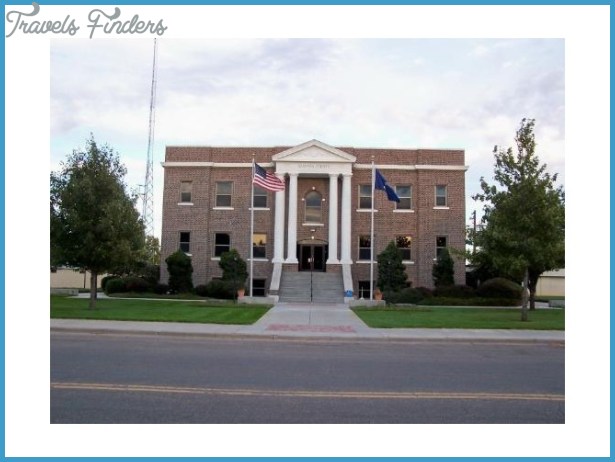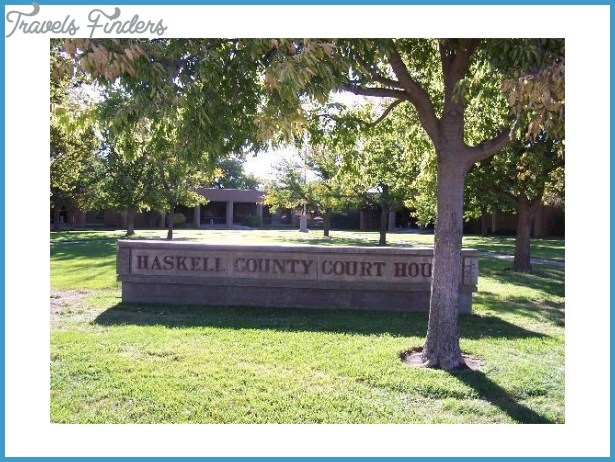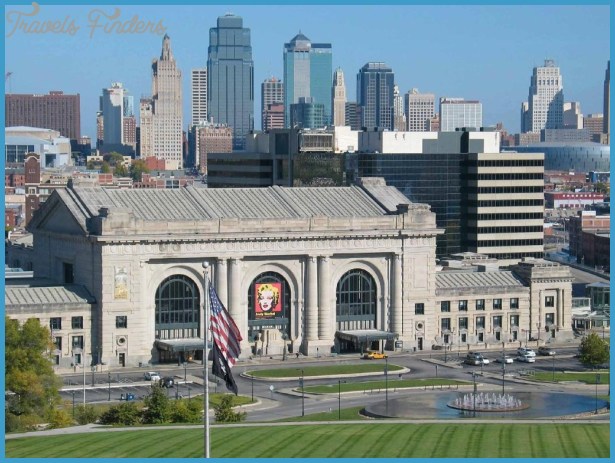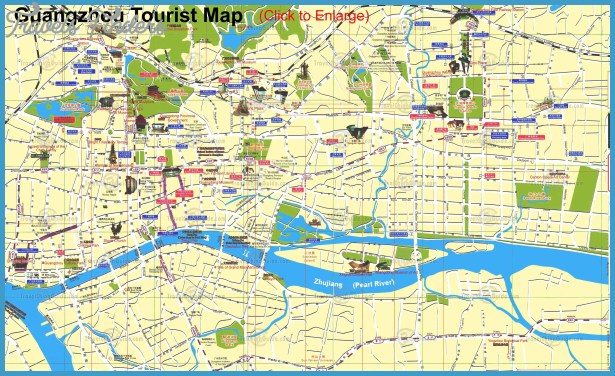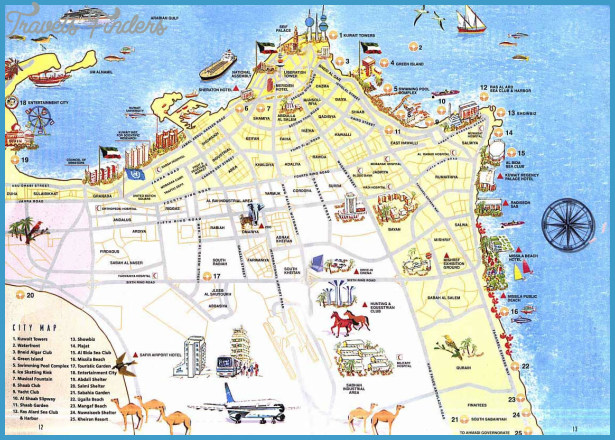Kansas cultural contributions
Massive public festivals such as Topeka’s Fiesta Mexicana, Garden City’s Mexican Fiesta, and greater Kansas City’s Hispanic Fiesta are the most visible Latino contribution to Kansas’s culture. These festivities are both social engines generating other contributions as well as consequences of a complex social history. They bring together hundreds of thousands of Kansans of diverse background to celebrate and experience an increasingly codified Latino culture in the United States; at the same time they are a source of pride and tradition for Kansas’s Latino society.
These mass festivals are driven, in part, by trends for the celebration of ethnic diversity as part of the visible and public culture of North American life and ideology as well as the national trend towards the Cinco de Mayo (May 5) as the paradigmatic day of Latino festivals.67 They also have roots that go deep into local communities. Mexicans who migrated to Kansas in the early twentieth century found themselves living near people who were both from their local communities of origin and from elsewhere. As people recreated their culture in Kansas, they found that they could not recreate the public, primarily religious, culture of fiestas and processions of their hometowns and villages because those are deeply tied to place.68 As a result they developed more neutral public festivities, either in the local parish or during civic festivals celebrating Mexican national life. These local festivals provided people with community solidarity, a public presence, and the possibility of representing their community identity and culture to themselves and outsiders.69 The festivities also delimited and made concrete a Mexican culture that could become a tradition and that could be preserved in the give-and-take of migrant life.
These public representations of concrete culture have spread to members of the broader Kansas’s society in part through the fiestas. They now know and consume Mexican food and enjoy folk dance, arts, and music. In addition, the festivities developed and maintained a Kansas public culture of Latino identity into
Mexican Band, Wichita. Organizer and Director, Prof. A. De La Mara, 1924. Courtesy of Wichita-Sedgwick County Historical Museum which subsequent waves of migrants have been assimilated. At the same time these celebrations connect migrants with touring Latino performers and nationally recognized Latino identities.






